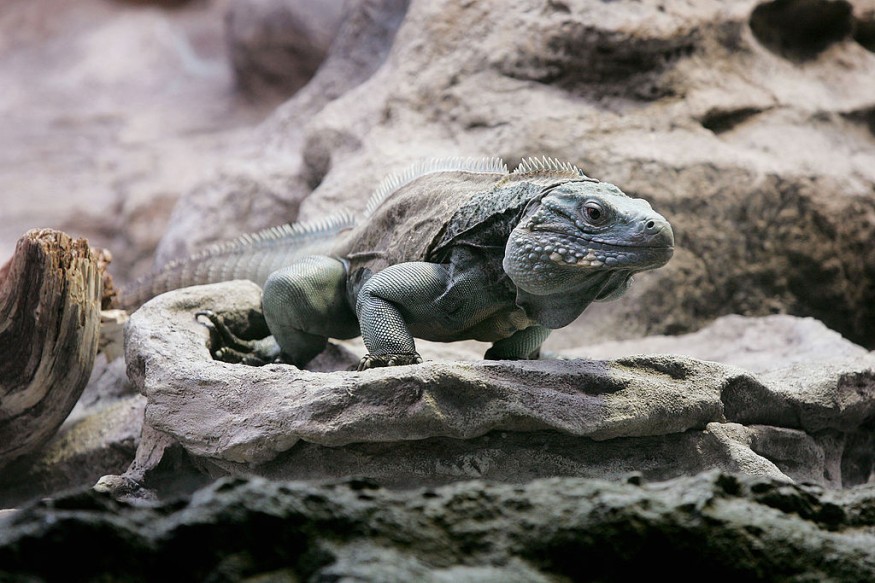Unregulated, under-regulated, and illegal trading of wildlife species has been a significant factor in biodiversity loss around the globe. A recent study in the journal Nature Communications reveals that thousands of reptile species are threatened due to wildlife trade.
According to the study, more than 36% of reptile species are traded online. 75% of the traded reptile species are not protected by any trade regulations. Around 90% of reptiles and 50% of other animals are captured in the wild, including hotspots in Asia. For example, pangolins, tigers, elephants, turtles, and rhinos are among the most commonly traded animals in the world.
Dr. Alice Hughes from the Chinese Academy of Sciences shared that based on the CITES Trade Database (managed by the UNEP World Conservation Monitoring Centre) and the United States Law Enforcement Management Information System (LEMIS), they went through thousands of web pages in five different languages that translated to "reptiles for sale," including Spanish, Chinese, French, and German. Nearly 4,000 species of reptiles are traded online.
Threatened Reptile Species
Some of the reptile species include the blue-headed Indo-Chinese forest lizard (Callotes mystaceus) under the genus crytodactylus or Asian geckoes. Dr. Hughes explained that most Asian geckoes have not been described yet and have no status under the International Union for Conservation of Nature status while they remain for sale online.
Another species is the Indonesian orange-spotted tokay gecko. Also known as the Gekko gecko, it is locally sold under $1.
Most exotic pets are completely dependent on their owners for proper living conditions such as climate, temperature, and an appropriate diet shared a Royal Society for the Prevention of Cruelty to Animals (RSPCA) representative. Some animals grow to be quite large and require a license or other legal paperwork.
The authors also described that aside from trading animals for pets, some species are traded for items such as fashion, food, decorative purposes, and medicinal purposes. On a global scale, 13 species of crocodiles, pythons, and monitor lizards were imported and exported across 125 countries.

Identifying Exotic Species in Online Trading
Dr. Hughes, alongside Colin Strine and Benjamin Marshall from the Suranaree University of Technology, worries that many of the exotic species "have not been assessed for their IUCN RedList status."
Both databases list where the traded wildlife originates from noted the authors, which may provide "insight into how international trade may impact the vulnerability of wild populations." They discovered that a major source of some of the most threatened species comes from Vietnam and surrounding countries in the Malay-Peninsula. Most of the reptiles come from Europe and North America.
The team also believes that they may have found more endangered exotic species if they searched the databases using more languages. Also, a lot of wildlife trade occurs on social media. An assessment of private online reptile groups could reveal more species, the authors share.
Read Also: Australian Researchers Aim For Global Conservative Policies to Protect Endangered Marine Species
Check out more news and information on Threatened Species on Science Times.
© 2026 ScienceTimes.com All rights reserved. Do not reproduce without permission. The window to the world of Science Times.











